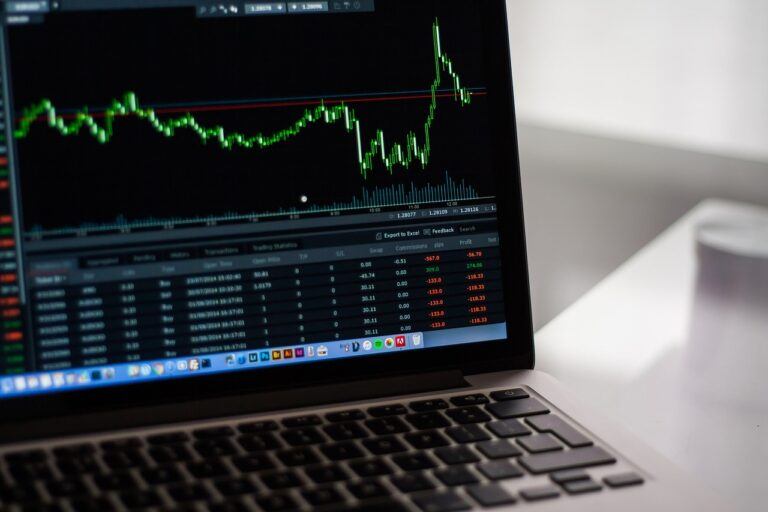Arthur Hayes, the founder of popular cryptocurrency derivatives trading platform BitMEX, has recently shared his analysis of the recent turmoil in the cryptocurrency markets. He predicts a local bottom has been hit and suggests upcoming rangebound action.
In a post titled “Mayday” on the BitMEX blog, Hayes attributed the volatility seen in the cryptocurrency space to a confluence of factors that included the conclusion of the U.S. tax season, anxieties surrounding potential Federal Reserve policy changes, Bitcoin’s recent halving event, and stagnant growth in assets under management for spot U.S. Bitcoin exchange-traded funds (ETFs).
Hayes revealed he views the recent downturn as a necessary correction for speculative excesses and suggested that “tourists” will likely sit out the upcoming recovery, while experienced investors will HODL and potentially accumulate more established assets like Bitcoin and Ether, and potentially take advantage of “high-beta” (more volatile) cryptocurrencies like Dog Wif Hat and other memecoins.
A central theme in Hayes’ analysis is the Federal Reserve’s recent adjustments to its quantitative tightening (QT) program. Initially aiming to reduce bond purchases by $95 billion per month, the Fed has scaled this back to $60 billion, something Hayes interprets as a disguised form of quantitative easing, injecting an additional $35 billion per month back into the dollar liquidity pool.
He argues that when combined with other measures, this reduction in QT effectively increases the stimulus provided to global financial markets. Hayes also examined recent actions by the U.S. Treasury Department, led by Secretary Janet Yellen and dissected the Treasury’s Quarterly Refunding Announcement (QRA) which forecasts borrowing and cash balances for upcoming quarters.
The QRA for the second quarter of the year projects borrowing $243 billion, $41 billion above prior estimates due to lower-than-expected tax revenue. Hayes suggests this increased Treasury issuance could lead to higher long-term interest rates and speculated that Yellen might counter this with yield curve control measures, a scenario that could potentially trigger a significant rally in Bitcoin and other cryptocurrencies.
The recent collapse of Republic First Bank also entered into Hayes’ analysis, as he criticized the swift response by monetary authorities, which ensured all depositors were compensated.
While this may appear reassuring, Hayes argued it masks underlying vulnerabilities within the U.S. banking system and added that this “safety net” effectively guarantees even uninsured deposits, leading to a form of hidden money printing by the government which could fuel further inflationary pressures. He wrote:
Like the other stealth money printing policies discussed in this essay, there is no massive liquidity injection today. However, we now know with full confidence that trillions of contingent liabilities have been added to the Fed’s balance sheet, which will be funded with printed money.
Unfazed by the recent market turbulence, Hayes advocates for active investment, creating a section titled “buy in May, go away” in a play on the popular financial saying “sell in May and go away” that is based on stocks’ historical underperformance between May and October.
Hayes recommended investors reender the market as the “slow addition of billions of dollars of liquidity each month will dampen negative price movement from here on out,” and while he doesn’t expected “ crypto to fully realize the recent US monetary announcements’ inflationary nature immediately, I expect prices to bottom, chop, and begin a slow grind higher. “
Per his words the “recent intense puke” provides him an opportunity to buy Solana and “doggie coins for momentum trading position,” while longer-term position will see him “identify other tokens” he believes are undervalued.
He noted that after accumulating this month he will “ set it, forget it, and wait for the market to appreciate the inflationary nature of the recent US monetary policy announcements.”
In his footnotes, he suggested he believes Bitcoin hit a local low earlier this week below the $58,000 mark and believes it will now rally to surpass $60,000 and enter a range-bound period between $60,000 and $70,000 until August.
Featured image via Pixabay.









